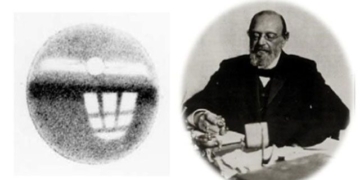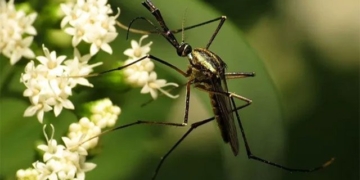Brush your teeth twice a day, prioritize using a soft-bristled toothbrush, replace it approximately every three months, and rinse with antibacterial mouthwash right after eating.
On September 26, nurse Bui Thi Lac Xung from the Department of Odonto-Stomatology at Bach Mai Hospital in Hanoi stated that the oral cavity houses a large number of bacteria. If not cleaned properly, these bacteria can lead to bad breath, periodontal disease, and cavities. Moreover, numerous studies indicate that oral health significantly impacts overall health. Therefore, proper oral hygiene is crucial.
Accordingly, everyone should brush their teeth correctly twice a day, in the morning after breakfast (15-30 minutes later) and in the evening before going to bed.

The oral cavity houses a large number of bacteria; if not cleaned properly.
Step 1: Rinse your mouth with clean water to remove any large food particles stuck around your teeth.
Step 2: Moisten your toothbrush.
Step 3: Use a sufficient amount of toothpaste.
Step 4: Brush your teeth by holding the toothbrush horizontally at a 45-degree angle to your gum line, ensuring that the bristles contact both your teeth and gums. Gently brush the outer surfaces of all upper and lower molars vertically from top to bottom or use a circular motion so that the bristles can reach between each tooth. Do this 5-10 times for every 2-3 teeth segment to remove any food debris.
Brush the inner surfaces of your upper and lower teeth similarly to the outer surfaces, using up-and-down or circular motions. Position the bristles parallel to the chewing surfaces of the teeth and gently move the toothbrush about 10 times from inside to outside.
Step 5: Clean your tongue using a dedicated tongue scraper. If you do not have this tool, you may use the back of the toothbrush or directly use the bristles to clean your tongue.
Step 6: Rinse your mouth with clean water at least 3-4 times to completely remove food debris and toothpaste from your mouth.
Prioritize using a toothbrush with soft bristles and replace it approximately every 3 months. Using fluoride toothpaste will combat bacteria and provide natural calcium to strengthen your teeth.
Additionally, consider using dental floss or a water flosser to clean between your teeth, as conventional toothpicks often struggle to remove leftover food from these spaces, which can lead to gaps and bleeding gums.
Besides brushing, rinsing with antibacterial mouthwash right after eating serves as a comprehensive cleaning method, especially for children over 12 or individuals not accustomed to using dental floss or water flossers for oral hygiene.
To maintain healthy teeth, individuals should not smoke as it can cause teeth discoloration, gum diseases, and increase the risk of oral cancer. Limit sugary foods as well as acidic foods and carbonated beverages. Schedule dental check-ups at least twice a year.




















































